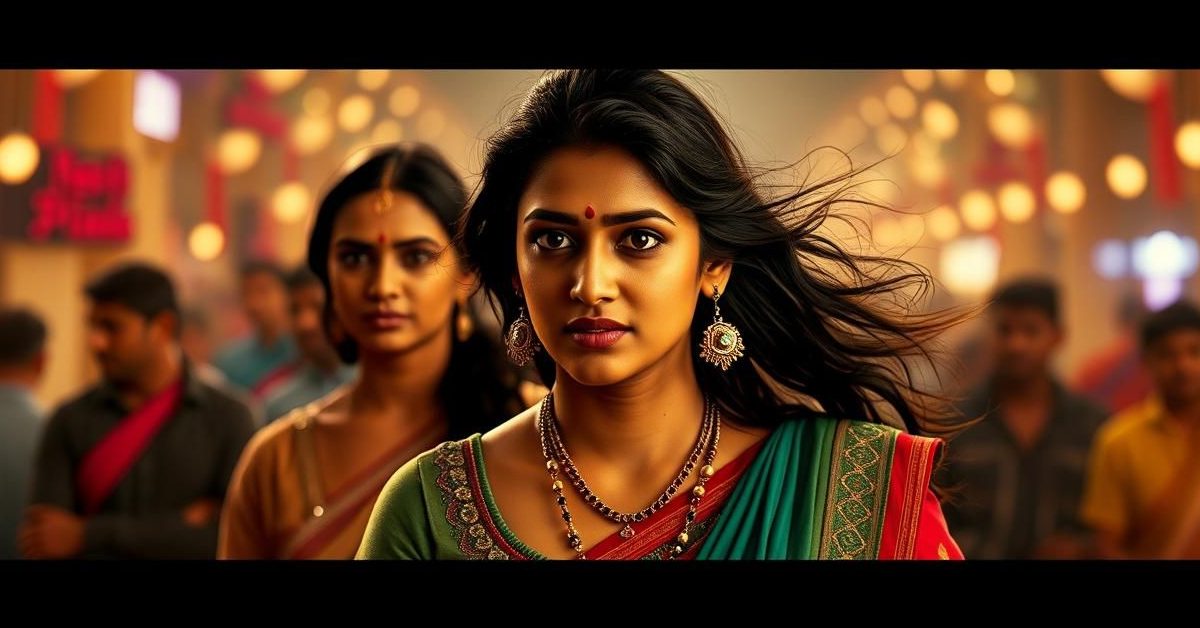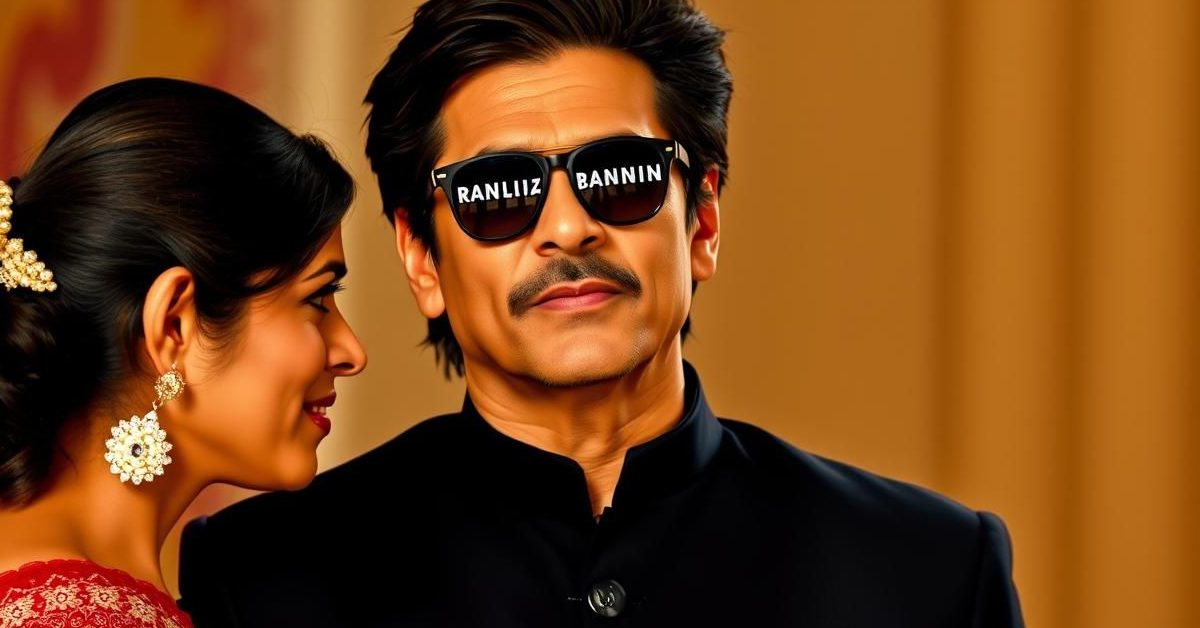Music director Amaal Mallik recently opened up about the differing levels of involvement Bollywood actors have in their film’s music, highlighting a stark contrast between established stars and newer talent, while also criticizing the industry’s lack of respect for music composers.
When Stars Call The Tune: SRK vs. Akshay & Salman
Amaal Mallik, known for his popular compositions, shared insights into working with Bollywood’s biggest names. He noted that senior actors are often easier to collaborate with because they understand what kind of music suits them.
According to Mallik, Shah Rukh Khan tends to be less involved in the music process, often just listening to the tracks briefly and leaving creative decisions to the director. This hands-off approach contrasts sharply with other superstars.
Akshay Kumar, for instance, dedicates “100% effort” to his film’s music, actively engaging in the process. Mallik praised Kumar’s willingness to experiment and his adaptability, ensuring he isn’t “stuck in his era.” Salman Khan also reportedly puts significant effort into his music choices.
The New Guard’s Struggles
Mallik expressed frustration with the younger generation of actors, stating they often lack a clear direction for their music. He described them as being “stuck” and riddled with “self-doubt,” which hinders their ability to make good musical choices.
He likened their approach to a “sabzi mandi” (vegetable market), where they collect songs from various composers without a clear vision. Mallik believes that fewer decision-makers in the music process would lead to better outcomes.
Bollywood’s Musical Maze: A Composer’s Challenge
Amaal Mallik also shed light on the complicated hierarchy and lack of direct communication that music composers face in Bollywood. He detailed a long chain of command that often separates composers from the film’s director.
This chain includes music labels, producers, multiple supervisors, executive producers, and even the teams of the hero, heroine, and choreographer. Mallik lamented that composers are kept too far removed from the director’s vision, making it difficult for their creative input to be fully realized.
He explained that unless a composer reaches the esteemed level of an A.R. Rahman or Pritam, they are often subjected to this cumbersome process. This distance means composers frequently don’t know if their song has been selected until after the film’s release.
Mallik further highlighted the power dynamics, noting that a lead actor can easily have a song removed if they deem it “not relevant.” This highlights the significant influence actors wield over a film’s music, sometimes sidelining the composer’s work.
Where Respect Lies: Bollywood vs. The South
Amaal Mallik concluded by drawing a sharp contrast between the treatment of music directors in Bollywood and the South Indian film industry. He asserted that Bollywood often lacks respect for its music composers, prioritizing “ego massage” over genuine appreciation for work.
In the South, he claimed, music directors receive “god-like treatment” and their work is truly valued. This difference in industry culture makes it challenging for talents like himself to thrive long-term in Bollywood, where films themselves are struggling to find success.
- Shah Rukh Khan is less involved in his film’s music, leaving decisions to the director.
- Akshay Kumar and Salman Khan put “100% effort” into their music and are open to experimentation.
- Younger actors are often confused and indecisive about their film’s music choices.
- Bollywood’s complex hierarchy distances music composers from directors, leading to less creative control.
- The South Indian film industry shows significantly more respect and value for music composers compared to Bollywood.
Mallik’s candid remarks offer a rare glimpse into the often-challenging world of music composition in the Indian film industry, sparking conversations about creative freedom and industry recognition.















